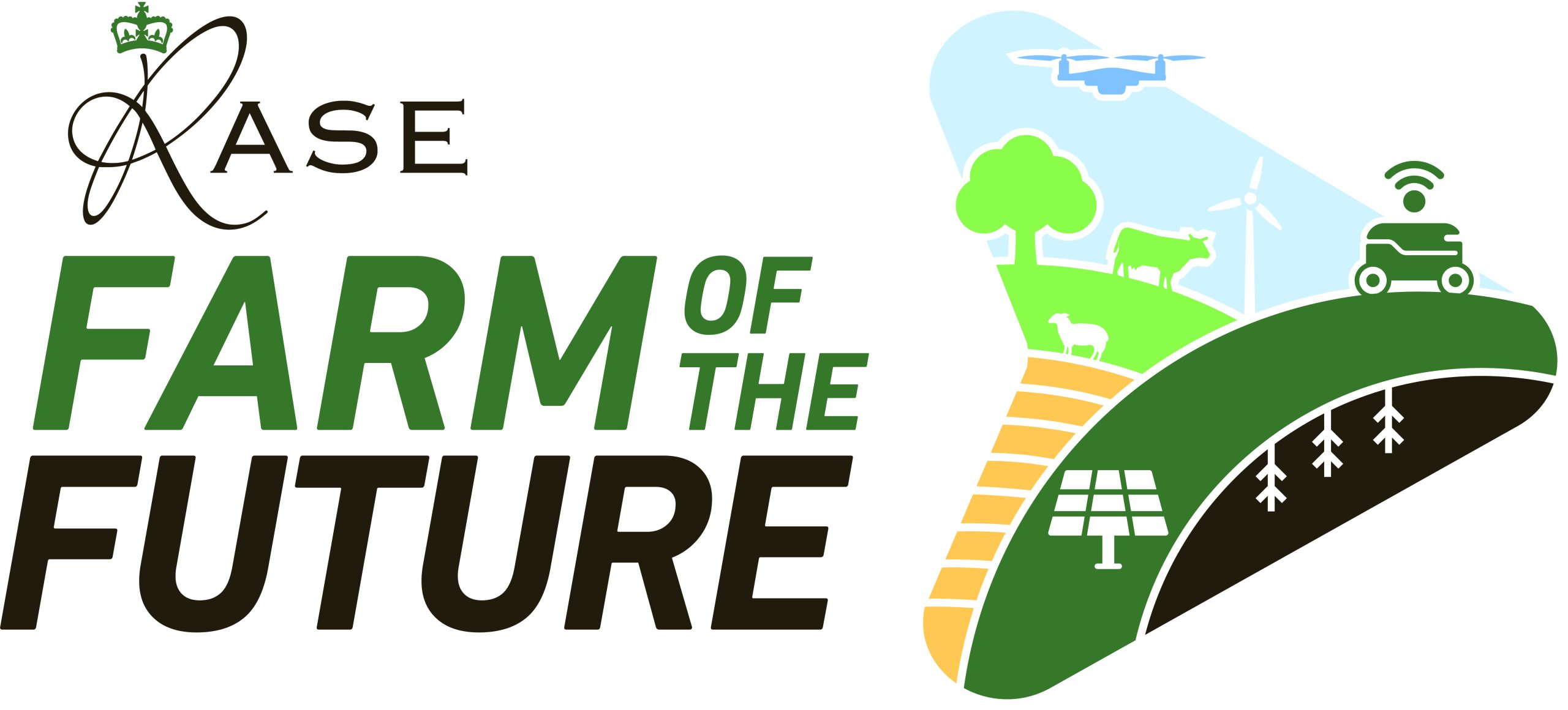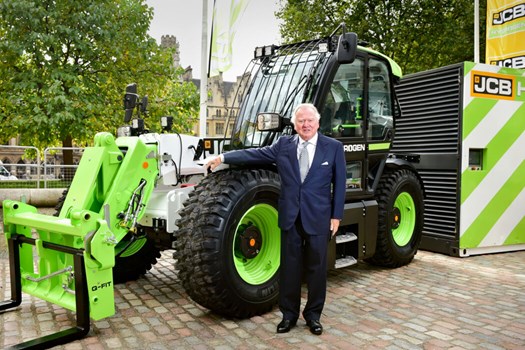Farm fuel is at a crossroads. With the UK’s push towards net-zero, diesel-powered machinery—once the backbone of agriculture—is facing mounting costs and potential regulatory pressure. But how can farms realistically transition to cleaner fuels without compromising performance?
In a recent Farm of the Future webinar, Neil Tierny, CEO of Hykit, discussed how a partnership with JCB is overcoming one of the biggest barriers to hydrogen adoption—making refuelling as simple as diesel. This case study explores how hydrogen-powered machinery is evolving and what it means for UK farmers.
JCB and hydrogen
JCB first explored hydrogen fuel cells for heavy machinery, but real-world tests revealed major drawbacks—cost, weight, and durability. In harsh agricultural conditions, fuel cells proved unreliable. Instead, JCB pivoted towards hydrogen internal combustion engines, an approach that retained the power and efficiency of diesel while cutting emissions significantly. After extensive trials, JCB’s hydrogen-powered backhoe loaders, telehandlers, and generators are now approved for sale in the UK and across Europe.
Speaking in the webinar, Neil shared that JCB’s hydrogen internal combustion engine delivers 98% reduction of NOx particulates versus diesel, and a 99.95% reduction in CO2 emissions. A trial was carried out by Ardent Hire Solutions, with the new hydrogen-powered JCB Loadall 540-180H telescopic handler being put through its paces via typical construction tasks.
Refuelling a hydrogen internal combustion engine
One of the biggest challenges to hydrogen adoption in farming has been refuelling logistics. Unlike diesel, hydrogen storage and delivery require specialised infrastructure, making it difficult for rural farms to adopt. Recognising this, JCB partnered with Hykit to develop a mobile hydrogen refuelling system that makes the process as seamless as diesel.
Hykit’s system features a containerised, high-pressure storage solution mounted on a trailer, capable of refuelling hydrogen-powered vehicles up to 10 times before needing replacement. For larger sites, multiple units can be combined on a 40-foot trailer, ensuring supply for extended operations.
Trials in 2024 saw 20 units deployed across sites, proving their viability and ease of use. With pricing set to be announced soon and availability expected by mid-2025, this innovation could be a turning point in making hydrogen a practical reality for UK farms.
RASE analysis
As highlighted in a previous blog, decarbonising farm fuels is no simple task. With seasonal variability, remote locations, and high power demands, farming presents unique challenges that require tailored solutions. The partnership between Hykit and JCB demonstrates how technology and collaboration can unlock new pathways for farm fuel innovation.
While hydrogen may not be the universal answer for all farm vehicles, its viability for certain high-power applications—particularly telehandlers and generators—makes it an important piece of the net-zero transition.
The next step? Farmers, policymakers, and industry leaders must work together to scale these innovations. To explore how hydrogen might fit into your operation, watch the full Farm of the Future webinar in the RASE members’ resources and stay updated on upcoming trials.

